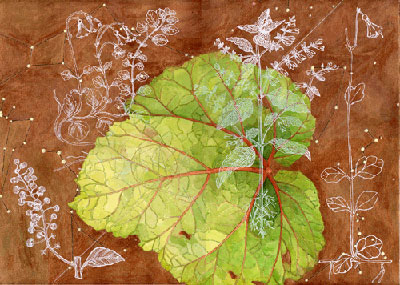Montréal's first major event on International Media Democracy Day (where I'll be a panelist) looks like it's going to be a good one. It's put on by the überCulture collective, Rob's old joint.
Media Analysis: Starving for Journalism: Canadian media avoid fundamentals of Palestinian Prisoners
How does one resolve the goals of activism with those of journalism? Does not working for a certain outcome at some point come into conflict with telling the truth?
After attending a Symposium on more or less this topic, hosted by the King's College of Journalism in Halifax, it strikes me that we have a long way to go before this question becomes relevant. Phrased more vigourously, the division of activism and journalism serves to distract from the issues that are most pressing for the majority of people in the world today.
Quite simply: the current state of journalism is an utter catastrophe. Journalists regularly print lies without repudiating them, and avoid providing the most basic context that would enable elementary understanding of the situations that are reported on. Before we can talk about being activist journalists, we have to talk about being journalists who are decent human beings who try to not misrepresent things, and maybe even seek the truth. We're not there yet.
I'll explain.
What, exactly, does one do to become (known as) an activist journalist? Does it suffice to agitate to make certain facts widely known? It involves, in any case, having specific political views.
But what kind of political views? There are clearly two seperate standards for what constitutes an activist journalist. If an individual pours the entirety of her journalistic efforts into maintaining the status quo, it is quite unlikely that she will become known as an activist.
It rather obvious, also, that if one posesses views that deviate significantly from "common sense" or conventional wisdom, then the situation is quite different.
The concept that this setup turns on is objectivity. The word "truth" is seldom used by journalists; objectivity, it seems, is far more highly valued, and much more often referred to as the ideal or standard of professional journalism.
But objectivity isn't truth. It refers, instead, to a kind of detachment or neutrality which implicitly leads to truth. The premise is that if one does not favour one particular interpretation of events, then one is more likely to render an impartial and balanced report, which takes all relvant facts into account.
While there is pressure on journalists to be detached, there is little to no pressure on them to take all relevant facts into account. (In newsrooms where journalists commonly write 2-4 stories a day, the opposite is indeed the case.)
So objectivity has come to mean that one states a few facts in a detached and neutral way, leaving the reader to impose values or particular in-depth interpretations. It's all very diplomatic. We report, you decide.
However: truth is how things actually are, or at least, how they are when given our full, unimpeded attention.
